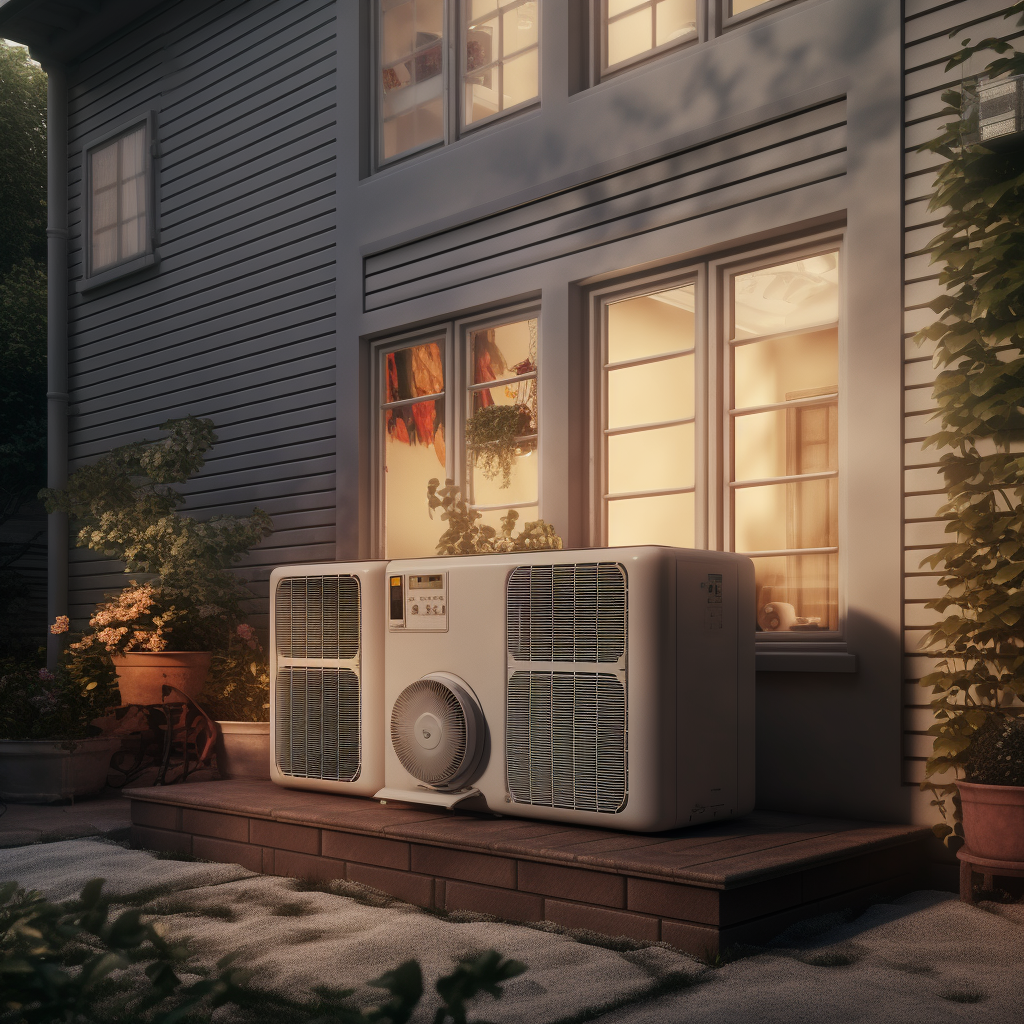September 1, 2023
Heat Pumps – Cost-Efficient & Eco-Friendly Home Heating Revolution
Book a Demo
Heat pumps are rapidly becoming a favored choice in the heating and air industry, largely due to their cost efficiency and minimal environmental impact. This growth has made them the fastest-growing segment in the sector, revolutionizing how many individuals heat and cool their homes.
At their core, heat pumps operate by utilizing outside air to both heat and cool a home. They manage this by switching between modes through a reversing valve. This dual-functionality not only makes them versatile but also an efficient solution for temperature regulation in homes.
Interestingly, technology advancements in the industry mean that newer models of heat pumps can now heat homes in temperatures as low as -25 degrees Celsius. This has significantly boosted their popularity in colder regions like Canada, where such low temperatures are not uncommon.
When compared to traditional gas or oil systems, heat pumps come out on top, particularly in terms of environmental impact. They significantly reduce harmful emissions and have the potential to lower heating costs, especially for customers who transition from oil and propane systems.
Notably, government rebate programs in 30 countries, including Canada, have recognized the benefits of these systems and provide incentives for heat pump installation. However, it’s worth mentioning that extreme cold temperatures below -25 degrees Celsius can limit their efficiency, posing a potential drawback in very cold climates.
Heat pumps, powered by electricity, offer both heating and cooling solutions. This dual functionality makes them an energy-efficient alternative to traditional furnaces and air conditioners, which typically only serve one purpose.
A unique feature of heat pumps is that they operate by moving heat, not creating it. This leads to significant energy savings as they can be 2-3 times more efficient than conventional systems, making a compelling case for their adoption.
Admittedly, the initial cost of heat pumps can be higher compared to traditional systems. However, the long-term savings in energy costs can help offset this initial investment. As such, when viewed from a long-term perspective, they can be a cost-effective solution for home heating and cooling.
In conclusion, the growing popularity of heat pumps is well-deserved. Their dual functionality, environmental benefits, and cost efficiency make them an attractive choice for consumers looking for a sustainable and practical solution to their heating and cooling needs.



